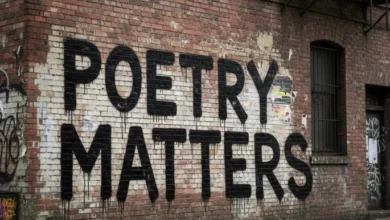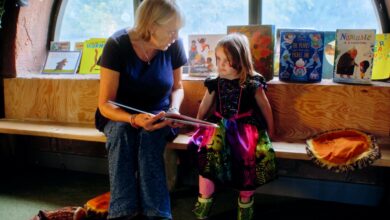
Workers Playtime: A Radical Legacy Reborn On Stage
Exploring how Workers Playtime draws from the pioneering spirit of the 1930s theatre collectives to inspire new generations.
Workers Playtime: How the Workers Theatre Movement Shaped British Theatre, running 6-8 June at Liverpool’s Hope Street Theatre, is far more than just another night out. It’s a powerful call back to the roots of working-class creativity, activism, and resilience. Brought to life by Valley Community Theatre—a company deeply embedded in Liverpool’s grassroots arts scene—this production aims to remind audiences that theatre once did more than entertain. It agitated, educated, and united communities in the face of adversity.
The Workers Theatre Movement, which blossomed across Britain in the 1920s and 30s, remains one of the great untold chapters of British cultural history. It gave voice to the voiceless during some of the darkest economic times, long before hashtags or social media campaigns. Instead, there were factory floor performances, street theatre, and passionate monologues delivered in town halls and union meetings. Out of this radical soil grew legends like Ewan MacColl—whose folk songs such as Dirty Old Town and The First Time Ever I Saw Your Face still resonate today—and Joan Littlewood, the visionary behind Oh What A Lovely War!

This new production blends original contemporary pieces with the radical spirit of the 1930s Workers Theatre Movement. Tom McLennan, project facilitator for Workers Playtime and member of Valley Community Theatre, says the creative team couldn’t ignore the stark parallels between today’s political climate and that of the 1930s. Back then, Europe was witnessing the terrifying rise of fascist and authoritarian regimes. “We’re seeing echoes of that now,” McLennan explains. “It’s unsettlingly reminiscent of how figures like Hitler rose to power—rejecting political norms and fuelling support through narrow, racially charged ideologies.”
That this revival is happening in Liverpool is no accident. This city has long been a crucible of resistance and creativity—a place where the arts don’t just reflect identity but embody survival itself. The Hope Street Theatre, with its intimate setting and strong community ethos, is the perfect home for a production like Workers Playtime.
Central to the original Workers Theatre Movement was a fierce focus on poverty and inequality. They were deeply disillusioned by political parties, including Labour, that claimed to represent ordinary people but often sided with the wealthy. That sense of betrayal still resonates. Contemporary issues like cuts to winter fuel payments and the ongoing two-child benefit cap feature prominently in the modern Living Newspapers created for this production. It’s a sobering reminder of how little has changed.

Whether Workers Playtime will ignite a full revival of agitprop-style theatre remains to be seen. But what’s undeniable is the buzz this project will create will spark conversations and inspire renewed respect for a cultural legacy that dared to speak truth to power. In bringing that spirit back to the stage, Valley Community Theatre isn’t just reviving history—they’re handing the torch to a new generation ready to carry it forward.
Workers Playtime: How the Workers Theatre Movement Shaped British Theatre
Friday 6 – Sunday 8 June, 7.30pm
Hope Street Theatre, Liverpool
Tickets







